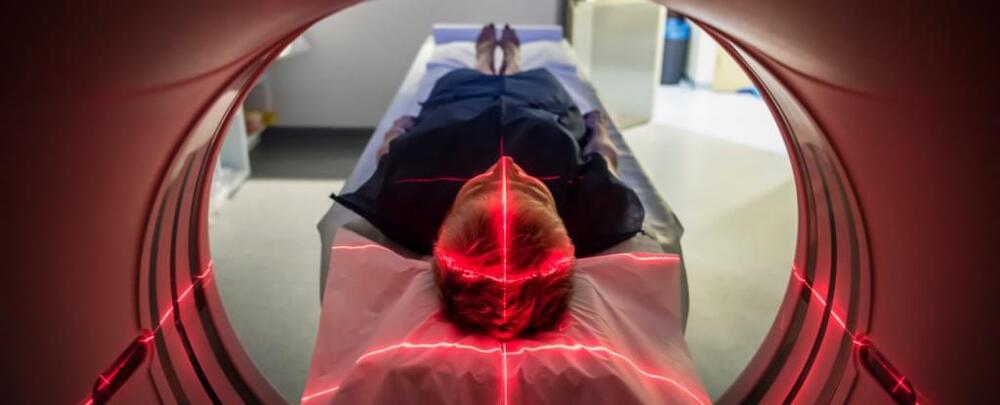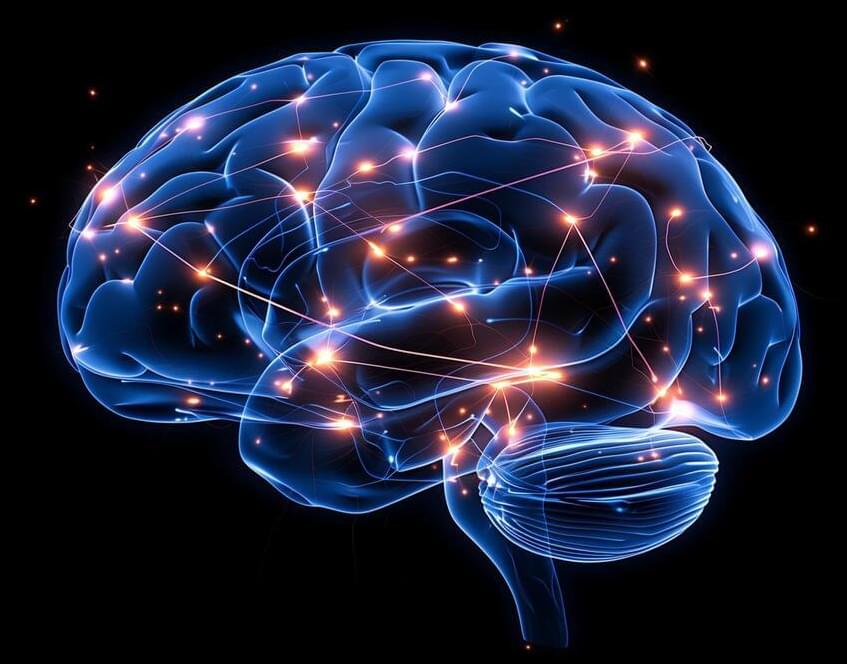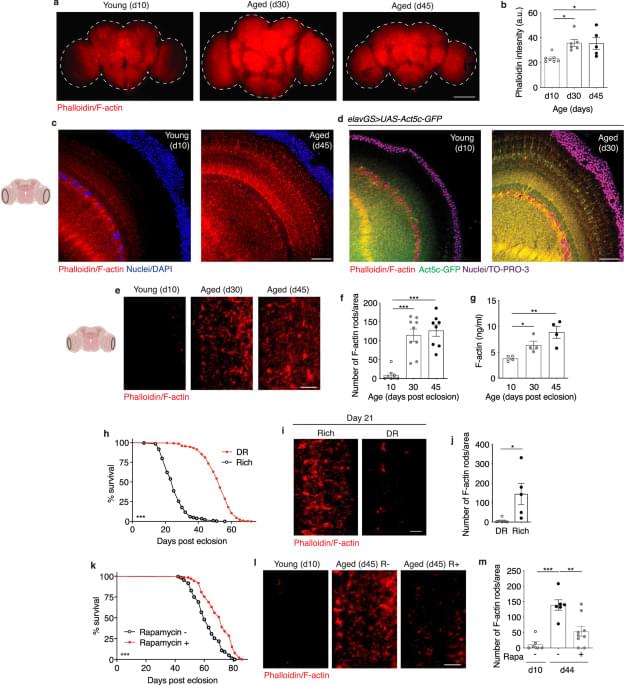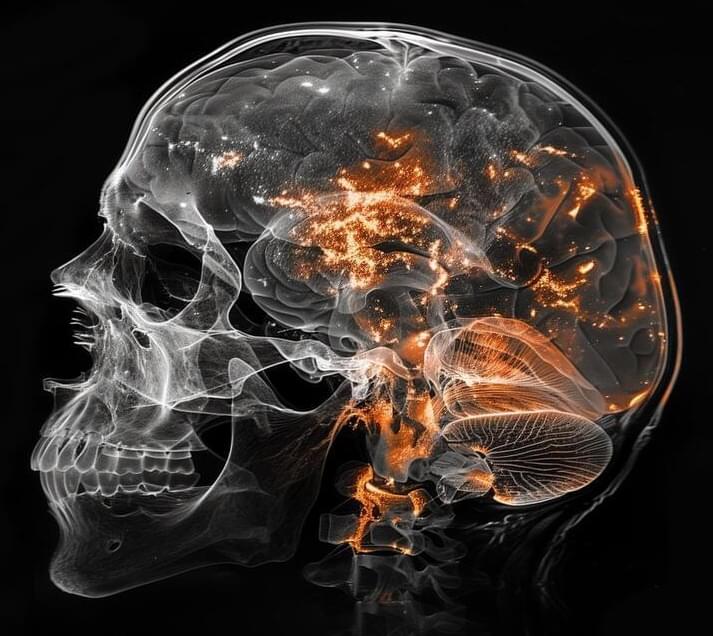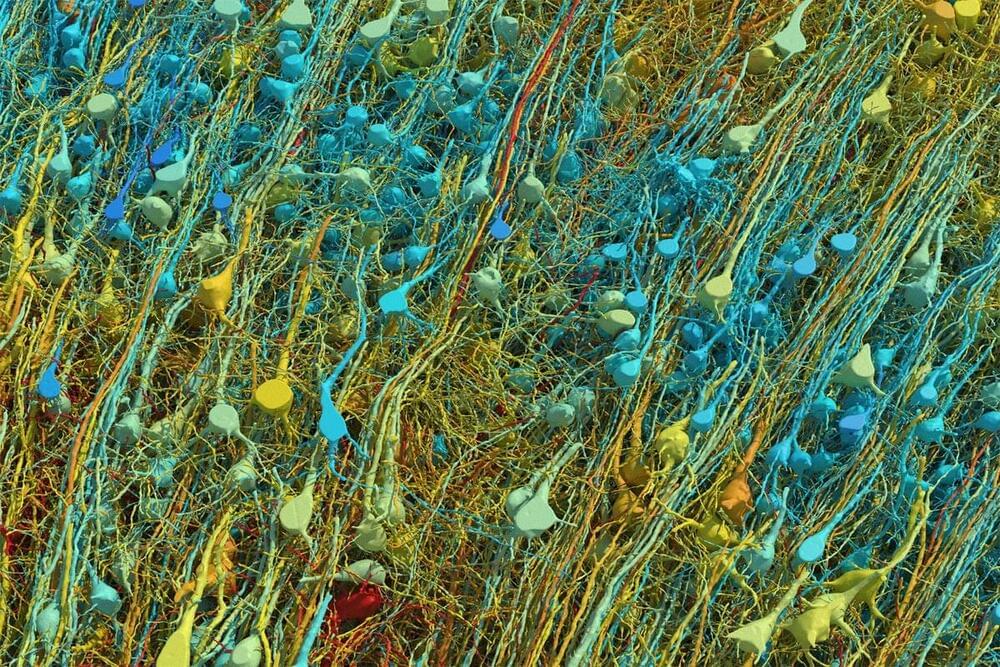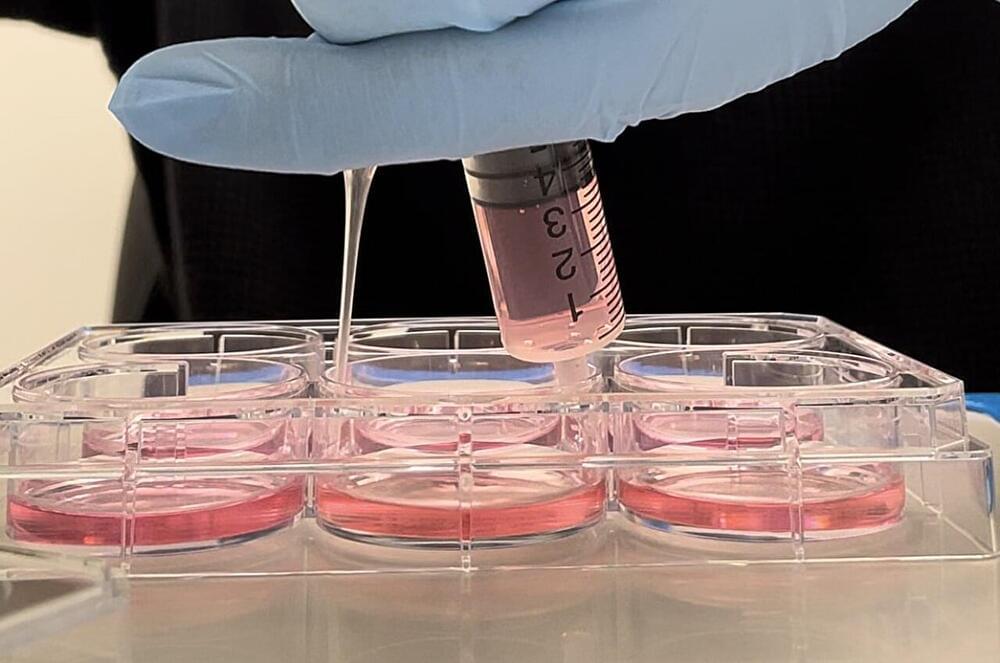Deep sleep could be key to forestalling slow declines in brain health that may one day lead to Alzheimer’s disease, the most common form of dementia.
In their 2023 study of 62 older, cognitively healthy adults, researchers from the University of California (UC) Berkeley, Stanford University, and UC Irvine in the US found individuals with brain changes associated with Alzheimer’s performed better on memory function tests as they got more deep sleep.
This was irrespective of education and physical activity, two factors along with social connection known to contribute to cognitive resilience in older age.
